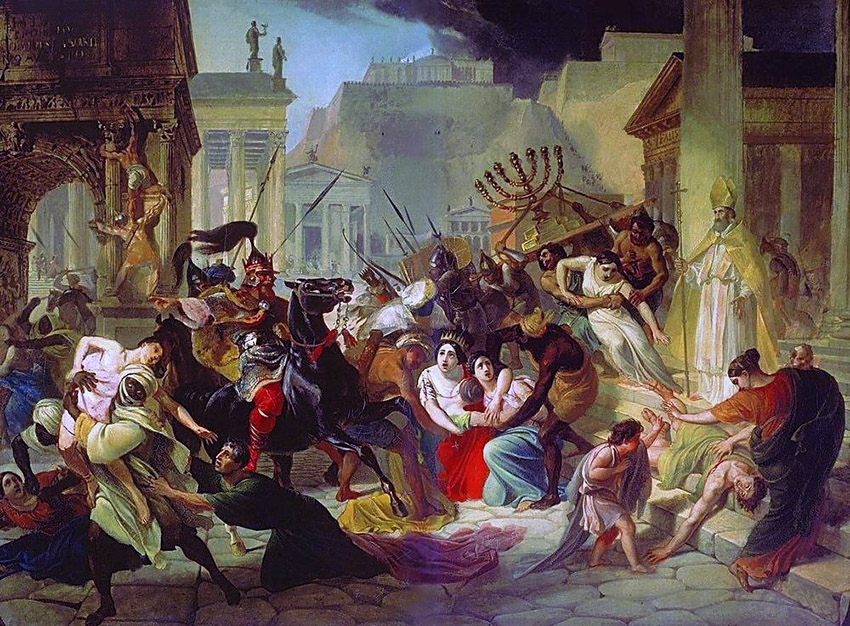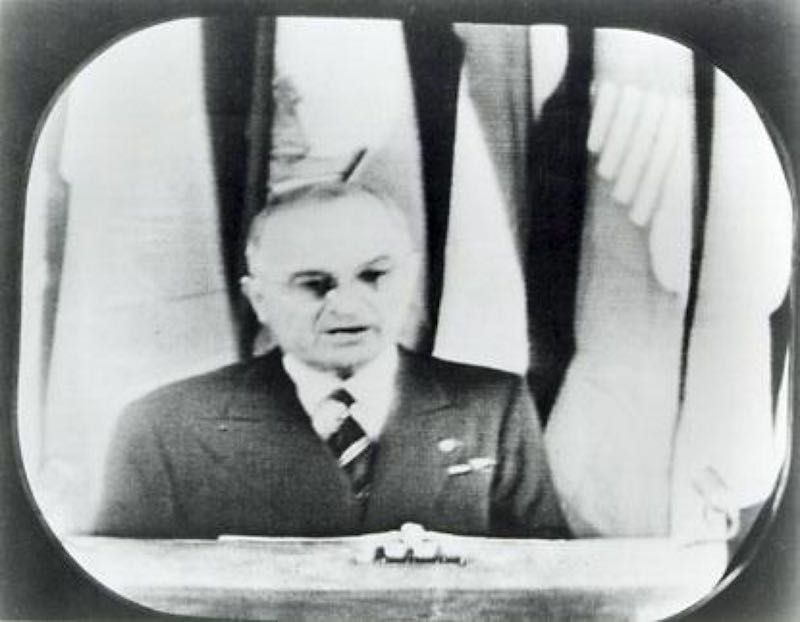Geronimo surrenders
On September 4, 1886, Apache leader Geronimo surrenders to U.S. government troops. For 30 years, the Native American warrior had battled to protect his tribe’s homeland; however, by 1886 the Apaches were exhausted and hopelessly outnumbered. General Nelson Miles accepted Geronimo’s surrender, making him the last Native American warrior to formally give in to U.S. forces and signaling the end of the Indian Wars in the Southwest.
Geronimo was born in 1829 and grew up in what is present-day Arizona and Mexico. His tribe, the Chiricahua Apaches, clashed with non-Native settlers trying to take their land. In 1858, Geronimo’s family was murdered by Mexicans. Seeking revenge, he later led raids against Mexican and American settlers. In 1874, the U.S. government moved Geronimo and his people from their land to a reservation in east-central Arizona. Conditions on the reservation were restrictive and harsh and Geronimo and some of his followers escaped.
Over the next decade, they battled federal troops and launched raids on white settlements. During this time, Geronimo and his supporters were forced back onto the reservation several times. In May 1885, Geronimo and approximately 150 followers fled one last time. They were pursued into Mexico by 5,000 U.S. troops. In March 1886, General George Crook (1829–90) forced Geronimo to surrender; however, Geronimo quickly escaped and continued his raids. General Nelson Miles (1839–1925) then took over the pursuit of Geronimo, eventually forcing him to surrender that September near Fort Bowie along the Arizona-New Mexico border.
Geronimo and a band of Apaches were sent to Florida and then Alabama, eventually ending up at the Comanche and Kiowa reservation near Fort Sill, Oklahoma Territory. There, Geronimo became a successful farmer and converted to Christianity. He participated in President Theodore Roosevelt’s inaugural parade in 1905. The Apache leader dictated his autobiography, published in 1906 as Geronimo’s Story of His Life.
He died at Fort Sill on February 17, 1909.

ART, LITERATURE, AND FILM HISTORY
2014
Comedy legend Joan Rivers dies
On September 4, 2014, Joan Rivers, one of the best-known comedians of her era, dies at age 81 in a New York City hospital, a week after she went into cardiac arrest while undergoing a medical procedure on her vocal cords at a Manhattan clinic.

ANCIENT ROME
476
Western Roman Empire falls
Romulus Augustus, the last emperor of the Western Roman Empire, is deposed by Odoacer, a German barbarian who proclaims himself king of Italy. Odoacer was a mercenary leader in the Roman imperial army when he launched his mutiny against the young emperor.

CIVIL RIGHTS MOVEMENT
1957
Arkansas troops block "Little Rock Nine" from entering segregated high school
Arkansas governor Orval Faubus enlists the National Guard to prevent nine African American students from entering Central High School in Little Rock. The armed Arkansas militia troops surrounded the school while an angry crowd of some 400 whites jeered, booed, and threatened them.

VIETNAM WAR
1969
Radio Hanoi announces the death of Ho Chi Minh
Radio Hanoi announces the death of Ho Chi Minh, who died two days earlier, proclaiming that the National Liberation Front will halt military operations in the South for three days in mourning for Ho. Ho had been the spiritual leader of the communists in Vietnam.

SPORTS
1972
U.S. swimmer Mark Spitz wins 7th gold medal
U.S. swimmer Mark Spitz wins his seventh gold medal at the 1972 Summer Olympics in Munich. Spitz swam the fly leg of the 400-meter medley relay, and his team set a new world-record time of 3 minutes, 48.16 seconds.

U.S. PRESIDENTS
1951
President Truman makes first transcontinental television broadcast
On September 4, 1951, President Harry S. Truman’s opening speech before a conference in San Francisco is broadcast across the nation, marking the first time a television program was broadcast from coast to coast.

ART, LITERATURE, AND FILM HISTORY
2002
Kelly Clarkson wins first “American Idol"
On September 4, 2002, Kelly Clarkson, a 20-year-old cocktail waitress from Texas, wins the first season of American Idol in a live television broadcast from Hollywood’s Kodak Theater.

WORLD WAR I
1918
American troops land at Archangel
On September 4, 1918, United States troops land at Archangel, in northern Russia. The landing was part of an Allied intervention in the civil war raging in that country after revolution in 1917 led to the abdication of Czar Nicholas II in favor of a provisional government.

Comments
Post a Comment